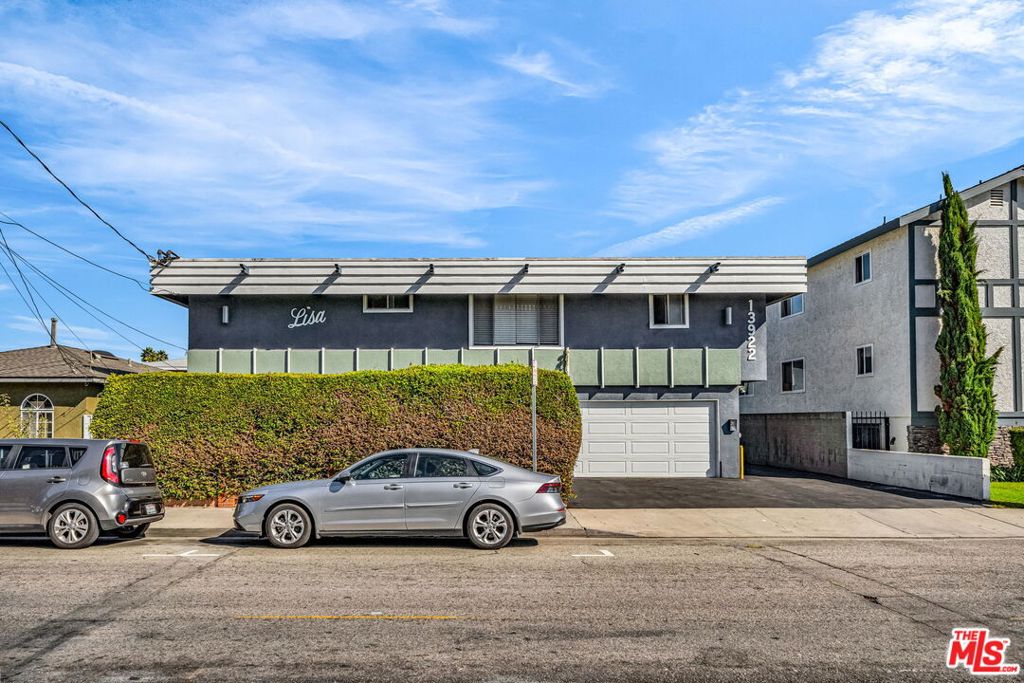The CREM Group likes to bring our clients news of real estate industry events that affect our communities. This is one of those. By the time you are reading this, the decision may have been made. Either way, life for tenants and landlords is a new game, as is almost everything resulting from the global coronavirus pandemic.
Shortly after it was clear that people across our state would be out of jobs and unable to pay their rent, the California state legislature enacted a law making it illegal to evict tenants for non-payment of rent. That eviction moratorium could be ending. What are the consequences if it ends? If it is extended?
The State Legislature is Trying to Figure it Out
California state lawmakers are meeting to find a replacement for the eviction ban that is set to expire on September 1, 2020. Meanwhile, many landlords, suffering from no rental income, have already filed the cases, as filing cases was not forbidden, just processing the court cases. Unless the California Senate passes Assembly Bill 1436–a new eviction ban–by Friday, August 28, the eviction cases that have been filed will be allowed to move forward. Furthermore, the bill must pass with a two-thirds vote as an “urgency measure” for it to go into effect immediately.
A Plan to Assist Property Owners and Tenants
Critical to the issue is that many people are still out of work. On the other side, landlords have ongoing bills for insurance, repairs, payroll (to administer and maintain the building), loan payments, utilities, and more. To address the tenants out of work or with reduced incomes, the legislators have included in the current bill’s outline a clause that would give tenants twelve months to pay back rent after the eviction moratorium ends. To help landlords, state legislators are proposing a plan that would require mortgage lenders to grant landlords and homeowners up to six months leniency on loan payments. The proposal on the table is to delay payments for 12 months if the landlord’s or homeowner’s rental property has four units or fewer.
Consequences
If the moratorium on evictions ends, tenants could be evicted from their homes and apartments. Where will they live? If they’re forced out onto the street, the health consequences are unthinkable, let alone adding to the problems of homelessness that are already plaguing our state. If the moratorium is extended without a plan to help landlords, more bankruptcies will ensue. There is no easy answer. Nothing is easy these days. As tenants, people can hope for leniency. As landlords, there is optimistically a way to renegotiate financing. As banks and mortgage lenders, the best prospect is for guidance and legislation at the federal and state levels.
Eviction and Probate
On the one hand, it would seem that eviction has little to do with probate properties, which is one of the specialties at the CREM Group. However, we facilitate the sale and purchase of probate homes and commercial properties that will be rented or sold for their investment potential. We are especially sensitive to our clients who have income properties caught in the pandemic’s aftermath.
The ramifications of the eviction legislation will affect the future of all real estate transactions. The mortgage lenders, insurance companies, escrow agencies, banks, builders, and their employees are all waiting for the next shoe to fall. We are sure that we will be out of this mess eventually, but in the meantime, we will continue to keep our clients updated on new legislation and trends in the marketplace here in Southern California.
Work with Experienced Individuals
We are a broken record, but we will repeat it. It is best to surround yourself with people (like the CREM Group) who have knowledge of markets, homes, neighborhoods, lenders, as you face any kind of real estate transaction, pandemic or not.
As long time real estate agents and as attorneys working in and around all kinds of properties in Los Angeles and Orange Counties, the CREM Group has made sure we support our clients, so they know the alternatives to buying, selling, or renting probate, trust, and conservatorship homes and commercial properties in California.
As always, contact us by email here if you have any questions about real estate, probate real estate, conservatorship, or trust real estate properties, especially in Los Angeles and Orange Counties in California.
Or directly:
Mark Cianciulli, Esq.
[email protected]
DISCLAIMER: This content is meant purely for educational purposes. It contains only general information about real estate and legal matters. It is NOT legal advice and should not be treated as such. We recommend consulting a legal or tax professional before acting on any material, opinion, or point of view described herein.
***
COVID-19 Safety. As all of us at the CREM Group market and sell our inventory of probate, trust, and conservatorship homes for our clients, we adhere to the COVID-19 regulations set by the California Association of Realtors.



